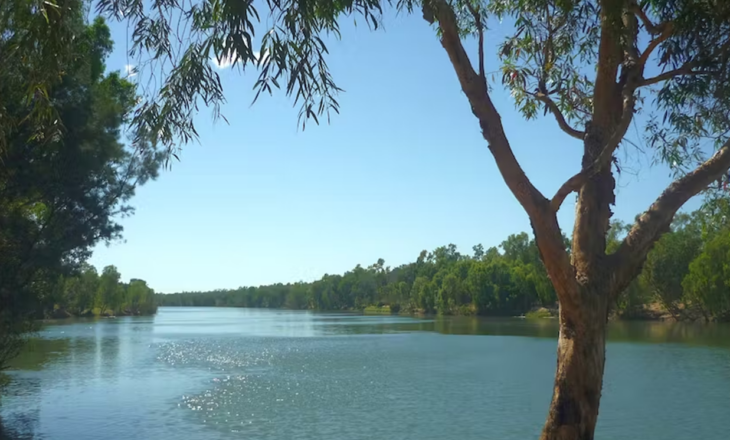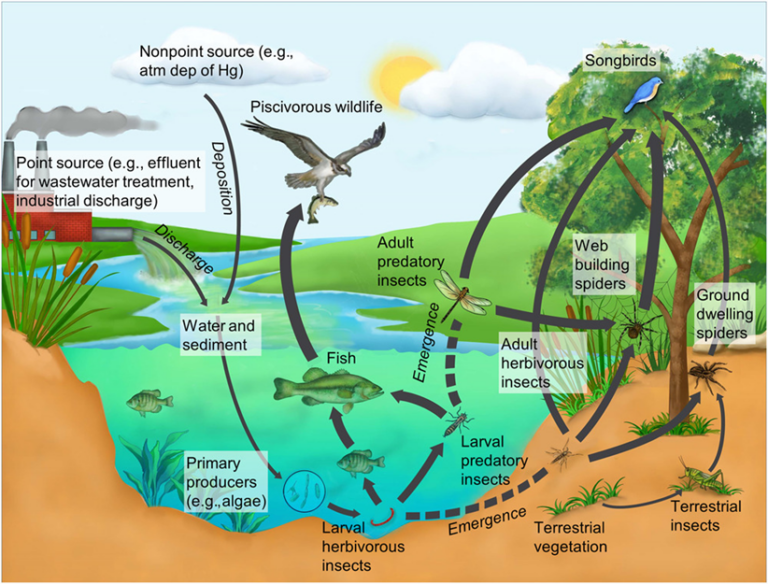Read More | You Asked, Experts Answered: Nature-Based Solutions to Flooding Q&A
The need for resilient approaches to flood mitigation is critical as climate change continues to intensify extreme weather. Nature-based solutions (NbS) represent a new set of sustainable tools, leveraging natural processes to enhance water management, reduce flood risks, and restore ecological balance.
In this Engineering for Change Seminar, researchers present work on NbS strategies and how they are implemented in two different parts of the globe. View clips from their presentations below.
Dr. Rodolfo Aradas of Buenos Aires University explores the challenges presented by land and water interaction. The talk touches on technical concepts in drainage projects and the role of NbS in land and water planning. The presentation draws from examples in national drainage projects in Latin America.
On the other side of the world, NbS offer promising, environmentally beneficial approaches to flooding challenges in Australia. Dr. Roslyn Prinsley and Dr. Jeremy Smith of the Australian National University (ANU) explain the mechanisms by which NbS mitigate flooding, supporting their presentation with quantitative examples.
For more, explore our playlist of videos from the E4C Seminar Series
Benefits & Barriers to Nature-Based Solutions
How Nature-Based Solutions to Flooding Work
Case Studies in Nature-Based Solutions to Flooding: Leaky Weirs
Case Studies in Nature-Based Solutions to Flooding: Paleochannels
The Case for Hybrid Nature-Based Solutions to Flooding
Nature-Based Solutions to Flooding: Water Management Principles
Additionally, Dr. Prinsley and Dr. Smith introduce the ANU-developed Guidelines for Nature-based Solutions in flood mitigation. The guidelines are a recently developed resource designed to empower local councils and communities to implement these strategies effectively. Their development has depended on research from the international literature and collaborative research with local councils and communities.
Presenters
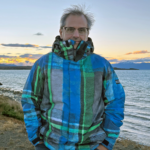
Dr. Rodolfo Aradas is Professor of Water Resources Planning in the Faculty of Engineering at the University of Buenos Aires. Dr. Aradas is a civil engineer, earned his Ph.D. at Nottingham University in England, and he is an Academic Member of the National Academy of Civil Engineering in Argentina.
He works in the planning, design and engineering management of water, sewerage and drainage infrastructure projects across disciplines, including hydraulics, structural design, tunneling and earth engineering works.

Dr. Roslyn Prinsley is an Associate Professor at the Australian National University. Dr. Prinsley is leading a national research initiative developing Nature-based Solutions to flooding, collaborating with local government and communities.
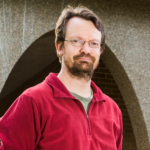
Dr. Jeremy Smith is an Associate Professor and leads the Humanitarian Program at the Australian National University. Dr. Smith is involved in projects with partners in Australia and the Asia-Pacific focused on water, energy, and food security and disaster resilience.
Moderator
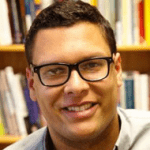
Dr. Jesse Austin-Breneman is an Associate Professor of Mechanical Engineering at Olin College of Engineering. He earned his Ph.D. in Mechanical Engineering in 2014 from MIT. He also holds a S.M. in Mechanical Engineering from MIT and a B.S. in Ocean Engineering also from MIT. Previous to his academic career, he worked as a development engineer in Peru, working with rural communities on alternative business opportunities and with local doctors’ groups on medical device development. He also spent two years as a high school mathematics teacher in Boston, MA. He currently is the director of the Global Design Laboratory. The group focuses on developing design processes and support tools to help multi-disciplinary design teams think at a systems-level when performing complex system design tasks. This includes investigating the best way to incorporate system-level interactions between stakeholders in emerging markets into the design decision-making process.
The Engineering for Change Seminar Series features academic laboratories researching solutions to meet the United Nation’s Sustainable Development Goals. The world’s cutting edge research deserves a platform with a global audience. Join us for presentations of new findings from investigative teams around the globe. And researchers, we welcome your applications to take part in the series. Please send an email to editor@engineeringforchange.org.
